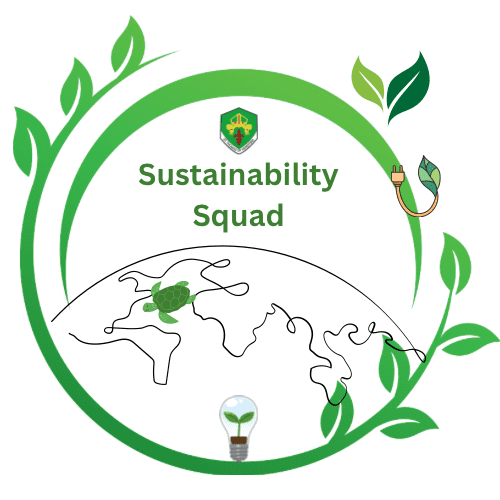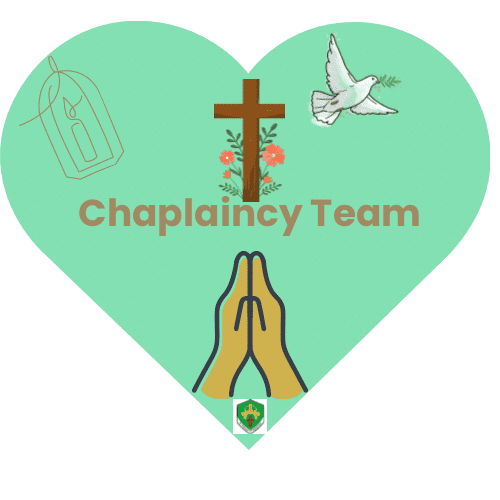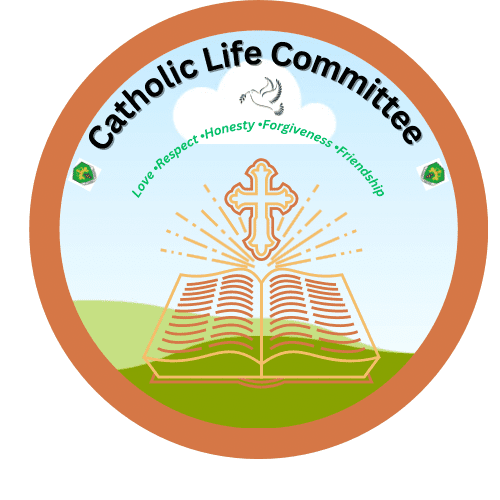Overview of Our School Assessment Approach
At St Thomas’, our assessment framework provides a comprehensive and consistent method for evaluating student learning and progress across all subjects. It blends observation, task performance, and student response into a well-rounded picture of achievement and development.
1. Core Principles of Assessment
Our assessment focuses on the following key areas:
- Knowledge and Fluency: Students are expected to recall essential knowledge and transfer it across subjects with confidence.
- Curiosity and Engagement: Active participation, questioning, and inquisitiveness are signs of meaningful learning.
- Application and Resilience: Pupils demonstrate understanding by applying knowledge, using subject-specific vocabulary, making links across the curriculum, and persevering through challenges.
2. Assessment Methods
Teachers use a range of evidence to evaluate learning:
- Ongoing Classwork: This includes books, quizzes, group tasks, and end-of-unit assessments.
- Feedback Strategies:
- Immediate: Real-time tools like whiteboards, verbal feedback, and discussion.
- Summary: Written comments, next steps, and annotated targets.
- Review: Reflection sheets and final lesson targets to support growth.
3. Judging Progress
Students’ curriculum progress is classified into four levels:
- Secure Mastery: A strong grasp of nearly all curriculum content.
- Good Understanding: Most content is understood, with minor gaps.
- Developing: Partial understanding with several gaps.
- Emerging: Limited understanding and significant gaps in learning.
4. Acting on Feedback
A key feature of our assessment approach is tracking how well students respond to feedback:
- Some fully address gaps and extend their understanding.
- Others make progress on specific feedback but may have additional needs.
- In some cases, students need further intervention or have not responded effectively.
5. Quality of Independent Work
Pupils’ work is evaluated based on:
- Completion and depth of understanding.
- Use of accurate subject vocabulary.
- Explanation of ideas and reasoning.
- Engagement with independent tasks and follow-up actions.
6. Retrieval Practice
Knowledge checks occur on a three-week cycle to evaluate retention and application:
- Students may retrieve knowledge with full accuracy and apply it in new contexts, or they may need support if recall is limited or inconsistent.
7. Communication and Language Skills
Our assessment also looks at how well students:
- Justify their thinking and consider different perspectives.
- Embed specific knowledge in their verbal responses.
- Use precise and subject-appropriate vocabulary confidently.





